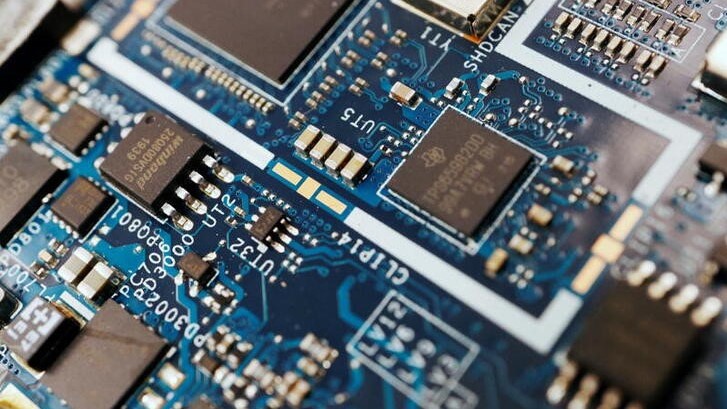European Labs Led By Imec To Receive $2.7 Billion In Chips Act Funding

Leading European research labs will receive 2.5 billion euros ($2.72 billion) in funding under the European Chips Act to set up a pilot line to develop and test future generations of advanced computer chips, Belgium’s imec said on Wednesday.
The European Union’s 43 billion euro Chips Act was announced in 2023 to support domestic European chipmaking, a counterbalance to plans by China, the U.S. and other governments to shore up their own industries following shortages during the COVID pandemic.
Leuven, Belgium-based research hub imec will host the pilot line for the sub-2 nanometre chips to help European industry, academics and start-ups access chip manufacturing technology that would otherwise be too expensive for any one of them to test or use in development.
Top chipmakers such as TSMC, Intel and Samsung are launching 2 nanometre chips this year and next year in commercial plants, or fabs, costing as much as $20 billion euros.
The European R&D line is intended to help develop future generations of even more advanced chips, and will be outfitted with equipment from European and global equipment and materials firms.
“The investment will allow us to double volumes and learning speed, accelerating our innovation pace, strengthening the European chip ecosystem, and driving economic growth in Europe.” said imec CEO Luc Van den Hove in a statement.
“The NanoIC pilot line will support a diversity of industries in Europe, including automotive, telecommunications, health and others.”
Several EU programs and Belgium’s Flanders government are providing 1.4 billion euros in funding, with industry players including leading equipment maker ASML providing 1.1 billion euros, imec said.
Other research laboratories participating include CEA-Leti of France, Fraunhofer of Germany, VTT of Finland, CSSNT of Romania and the Tyndall Institute of Ireland.
Actual aid under the EU plan comes mostly from member states and has lagged money received in other regions, with only STMicroelectronics so far approved to receive 2.9 billion euros in aid from France for a plant in Crolles.
Intel and TSMC are still awaiting EU approval for billions of euros in German state funding to begin building plants in Magdeburg and Dresden this year.
(Reporting by Toby Sterling; Editing by Jan Harvey)




